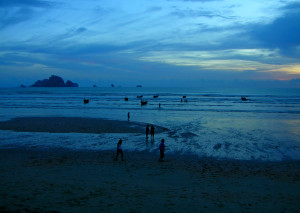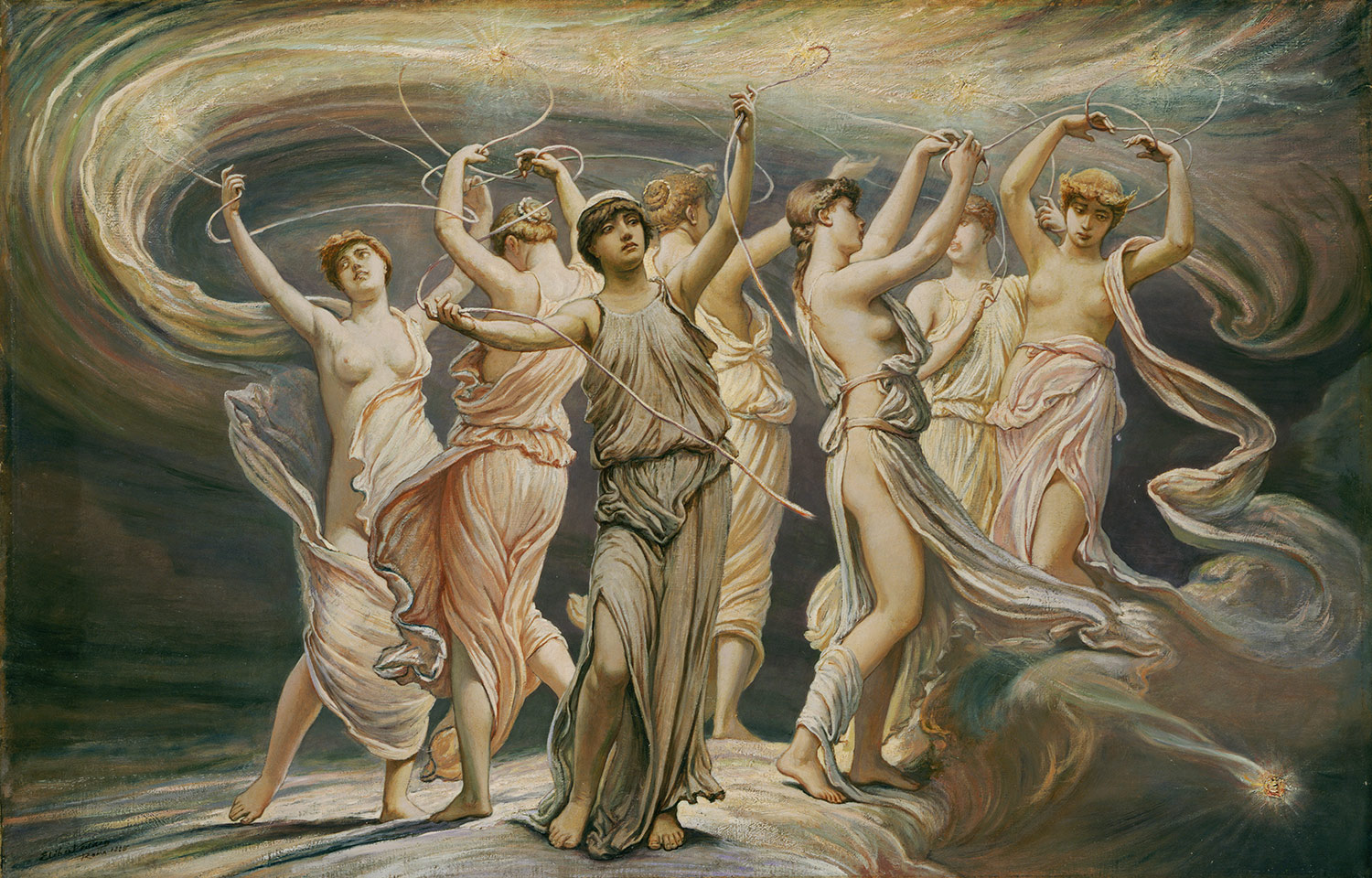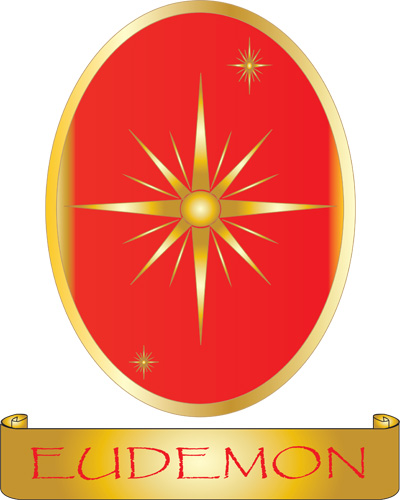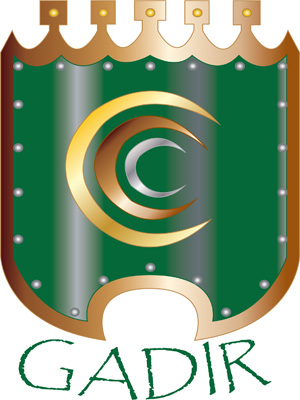If you have browsed my blog a little bit, you know one of my inspirations is the legend of Atlantis. I’ve done a lot of research on the topic, from ancient Greek sources to the work of early twentieth century pseudo-anthropologists to the websites of Atlantis conspiracists.
But so far, I haven’t found an answer to the most important question: Were there gay people in Atlantis?
Here, I will attempt to answer that question. I firstly will lay out some general considerations.
You could probably say the world is divided into people who believe Atlantis existed, and people who don’t.
On the believing side, we have Plato, Jules Verne, Edgar Cacy, and a lot more people than you might expect, as I discovered when the topic came up at a recent dinner party.
On the disbelieving side, we have just about every modern day archaeologist, anthropologist and ancient world historian.
But let’s forget about those authorities because it’s fun to believe.
There are many theories about what Atlantis was and how it came and went. To simplify things, I’ll group the theories into two, overarching themes.
The first theme involves alien intervention. Here we have the theories that aliens came to earth during prehistoric times and created, or taught humans how to create, an amazing city. The “proof” of an ancient world Atlantis is linked to other “unexplainable” achievements in the ancient world like the pyramids of Egypt, and the mountain top city of Machu Pichu, and the monoliths of Easter Island.
A variation on this theme is that Atlanteans were aliens themselves, and their return to a distant world explains the mystery of the disappearance of Atlantis. Another variation is that Atlantis disappeared because the aliens took the human inhabitants away with them.
All of that relies on quite a bit of speculation. The second theme looks to scientific evidence.
The end of earth’s last ice age was roughly around the time when Plato said Atlantis existed: 10,000 B.C.E.. This was a period of climactic change, thus it’s possible that a prehistoric civilization was buried beneath the flood waters of a rising ocean.
In fact, archaeologists are currently working on an excavation on the southern coast of Spain that appears to be a buried city, dated from around 10,000 B.C.E..
At this point, you may very legitimately be asking yourself: what does this have to do with whether or not there were gay people in Atlantis? Now I have to admit, I’ve rather lost my train of thought on that matter.
I guess what I do have to say is that wherever and whenever people (or aliens) existed, I believe that some of them were gay. I think that kind of diversity is an innate part of humankind, and that homosexuality plays a role in our species ability to thrive.
Maybe scientists will find a genetic rationale for my deeply held belief. For instance, having a gay child might enhance the survival of his siblings. That could be a function of biology. It could be social. Gay children often grow up to help with the caretaking of their nephews and nieces. In some cultures, they are the ones who stay home to take care of their aging parents.
Or, it could be that the cultural and spiritual contributions of gay people nurture our collective human soul. At the risk of validating what some might call a stereotype, I think that many gay people live on the social periphery as artists, and performers, and healers of one sort of another. As such, gay people enhance the quality of life in their communities while not (as frequently) participating directly in the core of those communities — family and politics, for example.
Gay people in Atlantis may have fit in similarly. In many native world cultures, there is a spiritual role for non-heteronormative men, e.g. the “two spirit” tradition of Native Americans, the hijra of India. These traditions could have existed in a lost, ancient world civilization.
I guess my fascination with the question: “how could Atlantis have existed?” takes inspiration from my pondering on why gays exist.






